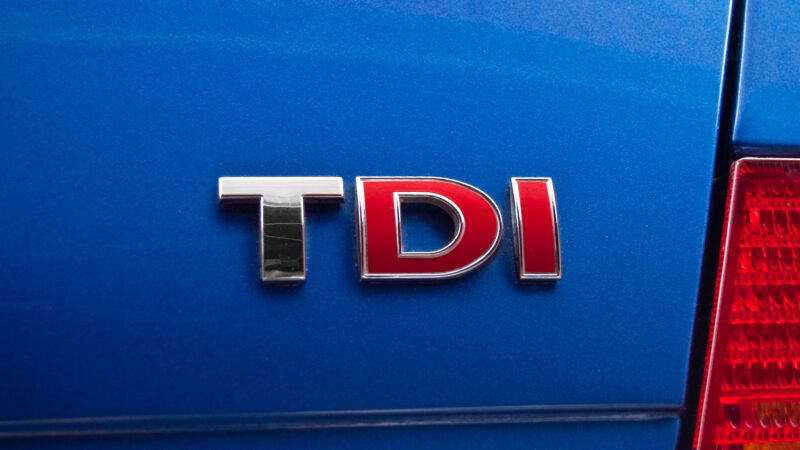The European Commission is up to its neck in the VW scandal, but for reasons a little more complex than the press is reporting

The FT wrote yesterday how the European Commissioners Janez Potočnik (then with the Environment portfolio) and Antonio Tajani (then with the Industry portfolio) both knew in 2013 about potential differences between car emissions in real conditions and in lab tests. “There are widespread concerns that performance [of cars] has been tailored tightly to compliance with the test cycle in disregard of the dramatic increase in emissions outside that narrow scope,” Potocnik wrote in a letter the FT has seen.
The insinuation from the FT piece, and also from a letter the then Danish Environment Minister Ida Auken sent to the Commission in 2013, was that the Commission should somehow have acted on what they knew.
This, I think, overestimates what individual Commissioners can do, and also underestimates how deeply connected with car companies the Commission have been for years.
Today Potocnik’s former spokesperson Joe Hennon pointed out that Potocnik had already mentioned the problem in 2011 (why didn’t the FT find that I wonder?), and this also puts current Commissioner Elzbieta Bienkowska in a tight spot – she told the European Parliament that the Commission had “no indication” that deception was happening.
Meanwhile Berlaymonster has been digging up gems all day – like the former Chair of VW Bernd Pischetsrieder called by the Commission to advise on automotive policy as far back as 2005. Back then Günter Verheugen was the Commission’s Industry Commissioner, and the government that sent him to Brussels was that of Gerhard Schröder, former Ministerpräsident of Niedersachsen, the German state that owns 20% of the shares in Volkswagen. In 2014 Volkswagen spent more money on EU lobbying than any other car firm – €3.3 million according to Corporate Europe Observatory, and they were followed by Daimler and BMW.
As Tim King summarised it in Politico, there’s a automotive-political complex in Europe, and that’s been stronger in Germany than anywhere else (although France has its share of problems too – through its promotion of diesel). Merkel’s comments since the scandal broke seem to indicate she is still in denial about the extent to which widespread deception by VW is damaging, and not least because four other car firms (Mercedes among them) could be drawn into the scandal. With Dyson taking Bosch to court alleging similar deception in the manufacture of vacuum cleaners by German firms, this is going to run a while yet.
So how does this all come back to the European Commission, and EU politics?
The Juncker Commission supposedly has a driving goal – its jobs and growth agenda, to be achieved through ‘better regulation’. You generally hear this further embellished with the phrase that the EU ought to be ‘big on the big things, and small on the small things’. Yet one of the first pieces of legislation the Commission wanted to axe after taking office concerned… air quality (my blog post from the time, and this admittedly before the Volkswagen scandal fully broke). The legislation, after mass NGO pressure, was subsequently given a reprieve, but it is hard to not feel the Commission was letting the needs of big polluters drive its agenda. It is a fine line it seems between a Commission that favours jobs and growth driven by Europe’s large firms, and a system that allows these firms to trick their way around the rules they helped write for their own purposes.
Merkel’s response to Rebecca Harms’s question about Volkswagen in the EP on 7th October sums up the essential quandary (more here). Merkel’s words: “Please don’t use this affair to do something that you might do anyway by political conviction, namely to condemn the automobile in general and thereby threaten many thousands of jobs in Europe“. This assumes this whole situation is a zero sum game – either keep jobs in polluting industries, or lose them due to sticking to pollution standards (and that is to ‘condemn the automobile’). Perhaps Merkel might instead have a look at Tesla; the leader in electric cars is not based in the European Union.
So then to conclude, Potočnik and Tajani and even Bienkowska are not actually the problem here. They are but pawns in this system, moved around but ultimately marginal. The problem – within Germany, and within the EU institutions – is that relations between car firms and the political system are far too close. Merkel’s comments demonstrate that, even now, there is little will to deal with that problem.